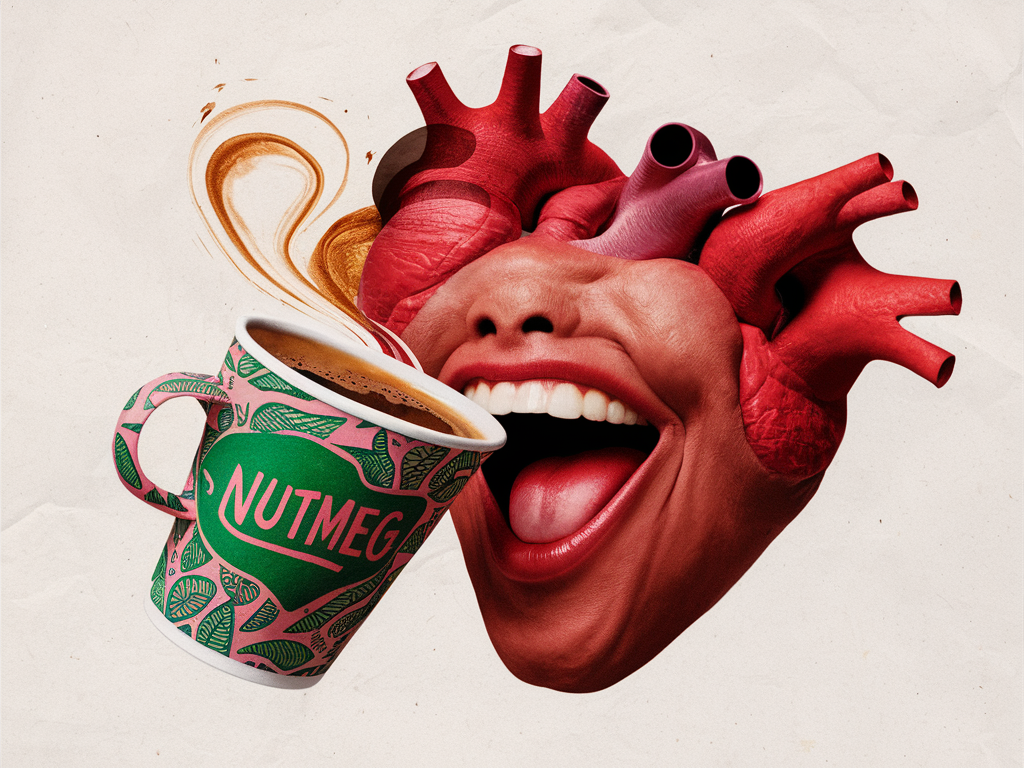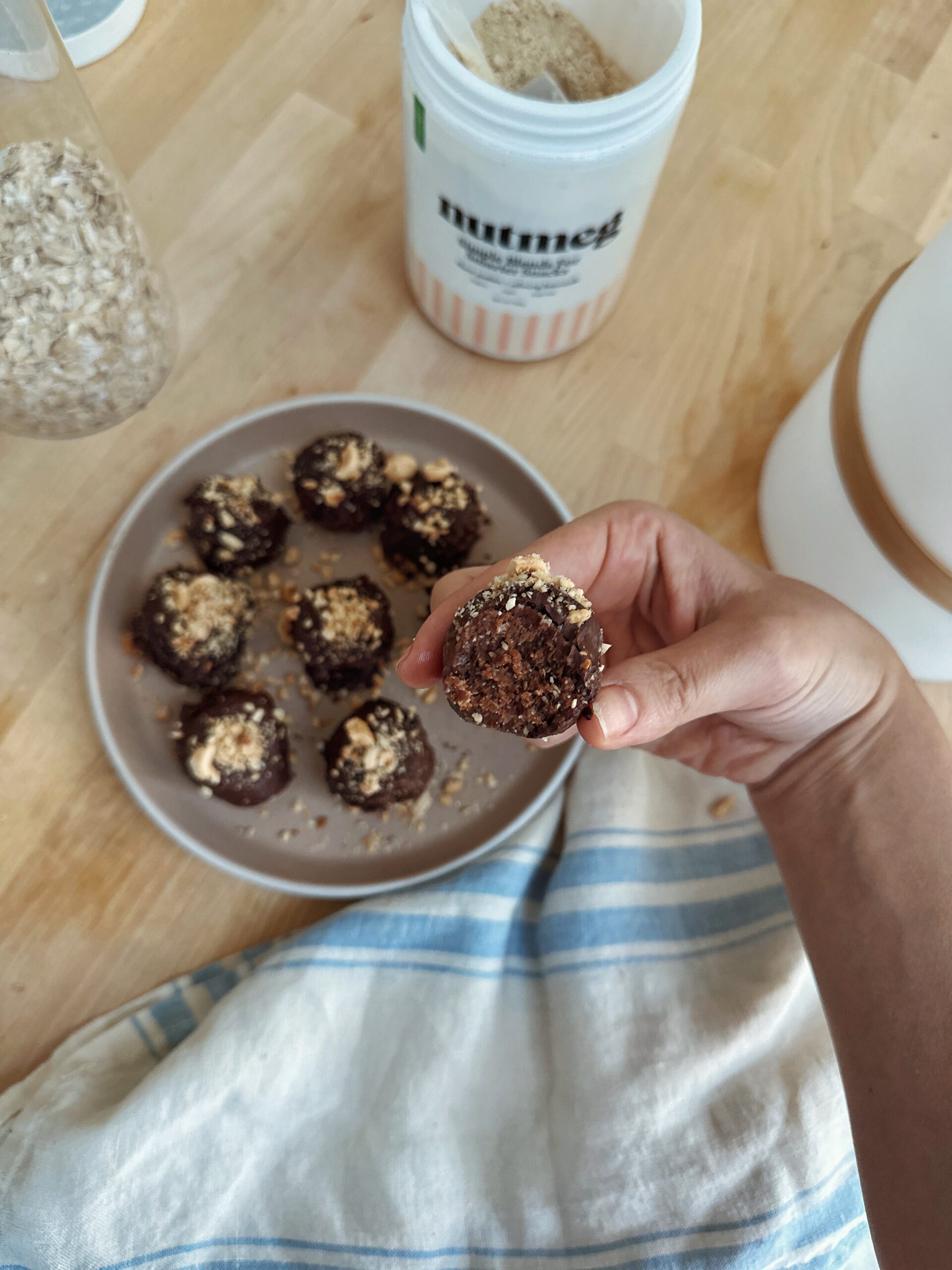
Caffeine: How Much is Too Much for Your Heart?
Let’s face it, coffee and tea are lifesavers for many of us. That morning cuppa perks us right up, improves our focus, and even gives our workouts a little extra oomph. But have you ever wondered if your afternoon latte could be doing more harm than good, especially to your heart? Buckle up, because we’re diving into the fascinating (and sometimes contradictory) world of caffeine and heart health.
The Good, the Moderate, and the « Whoa, Slow Down There! »
Research suggests caffeine, in reasonable amounts, is a good citizen for most healthy adults. In fact, studies show moderate caffeine consumption (think a couple of cups of coffee) can actually benefit your health. But here’s the kicker: everyone has a different tolerance level. Genetics play a big role, with some folks happily chugging a pot of coffee while others get jittery after a single sip.
When Coffee Turns into Anxiety, insomnia.
Now, let’s talk about what happens when you push your caffeine limits. Speak for yourself! I can totally relate. Remember that time I grabbed my usual fancy oat milk latte from that cute coffee shop downtown? Big mistake. Fast forward to me tossing and turning all night, heart doing a drum solo like a rogue rock band in my chest. Not. Cool. That’s when I realized I’m one of those poor souls who can’t handle too much caffeine. Anxiety, insomnia, and the whole ‘rapid heart rate tango’ became my unwelcome companions.
The Heart of the Matter: Caffeine and Palpitations
One of the biggest concerns with high caffeine intake is its effect on your heart rate and rhythm. That heightened alertness you feel from coffee? It’s caused by caffeine stimulating your nervous system, which can make your heart beat faster. In extreme cases, this can lead to atrial fibrillation, a quivering of the upper heart chambers that disrupts your normal rhythm. Yikes!
So, How Much is Too Much?
The truth is, there’s no magic number that fits everyone. However, most health organizations recommend staying under 400 milligrams of caffeine a day (roughly four cups of brewed coffee). But listen to your body! If you experience heart palpitations, anxiety, or sleep problems after consuming caffeine, it’s time to cut back or ditch it altogether.
Since coffee seems to give you the jitters, here are some parent-approved alternatives to help you conquer that late afternoon slump and survive bedtime:
Natural Energy Boosters:
Hydration Hero: Dehydration can mimic fatigue. Grab a reusable water bottle and keep it filled throughout the day. Aim for eight glasses, but even small sips can make a difference.
Snack Smart: Opt for complex carbs and healthy fats for sustained energy. Think whole grain crackers with nut butter, a handful of almonds and dried fruit, or a veggie wrap with hummus.
Get Moving: A quick burst of exercise can work wonders. Even a 10-minute walk or some jumping jacks can get your blood pumping and improve alertness.
Sunshine Power: Open the curtains and let some natural light in. Sunlight helps regulate your sleep-wake cycle and can be naturally invigorating.
Calming Alternatives:
Herbal Tea Power: Explore the world of herbal teas! Peppermint tea can be refreshing, while chamomile or lavender teas can promote relaxation before bedtime (avoid these if you’re breastfeeding).
L-Theanine for Focus: This amino acid found in green tea can promote focus and relaxation, making it a great pre-dinner option. Look for green tea blends with L-Theanine for a double whammy.
Matcha Power: Feeling adventurous? Matcha is a type of green tea powder with a higher concentration of caffeine and L-theanine, giving you a calmer, more sustained energy boost than coffee.
Magnesium: This wonder mineral can help with muscle relaxation and improve sleep quality. Consider a magnesium supplement (consult your doctor first) or incorporate magnesium-rich foods like dark leafy greens, nuts, and seeds into your diet.
Power of Positivity: Take a few minutes for deep breathing exercises or short meditation. Mindfulness practices can help manage stress and improve alertness.
Bonus Tip:
Power Nap Potential: If you can swing it, a 20-minute power nap can be a game-changer. Just avoid napping too close to bedtime, or you might find yourself wide awake later!
Remember, consistency is key. By incorporating these alternatives into your routine, you can find a natural way to combat the afternoon slump and still have the energy to handle bedtime like a champ
Caffeine can be a great tool to boost your energy and focus, but it’s all about moderation. Pay attention to your body’s reaction and adjust your intake accordingly. If you’re worried about your heart health or have any concerns, always consult your doctor. Remember, a healthy heart is a happy heart, and sometimes, skipping that extra cup might be the best choice for yours.


